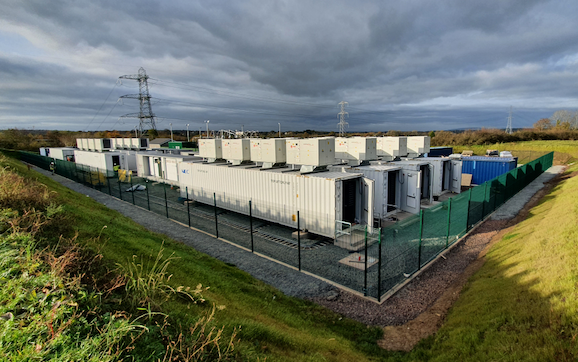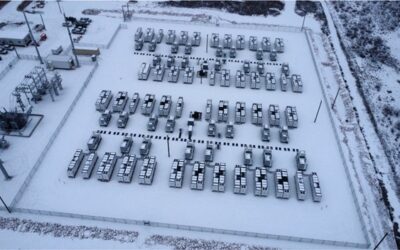
While short-duration BESS has flourished in Ireland, a ‘policy vacuum’ threatens the long-duration energy storage (LDES) rollout required for its renewables goals, research firm Cornwall Insights said.
According to the firm’s Review of deployment of long-duration energy storage in the electricity sector in Ireland report, limited financial incentives, a lack of clear targets, and market design limitations are all hindering the development of LDES technologies.
LDES, for example, is seen as key to balancing the grid’s growing renewable generation, like wind, over multiple days rather than just hours once their share of loads hits a critical mass. As such, the technology is seen as a crucial component of net zero.
The report cautions that without an increase in LDES rollout and deployment speed, Ireland could fall short of its 2030 renewables target, aiming to increase the share of electricity generated from renewable sources up to 80%.
Try Premium for just $1
- Full premium access for the first month at only $1
- Converts to an annual rate after 30 days unless cancelled
- Cancel anytime during the trial period
Premium Benefits
- Expert industry analysis and interviews
- Digital access to PV Tech Power journal
- Exclusive event discounts
Or get the full Premium subscription right away
Or continue reading this article for free
For this 2030 scenario, it is estimated that LDES capacity will need to reach 2.4GW. At present there is only 0.29GW of LDES on the Irish grid, all coming from a pumped storage hydro (PSH) asset operational at Turlough Hill. Another 0.36GW of PSH is planned at Silvermines in Tipperary.
GB LDES consultation will see ‘major decisions’ made
LDES is equally important for the country’s net zero goals in the Great Britain (GB) energy market. Because of its importance, the government initiated a consultation into the technology and how it could be supported. The House of Lords Science and Technology Committee stated in March that “major decisions about future energy infrastructure” would need to be made.
The organisation’s Long-duration energy storage: get on with it report highlighted that the government must “act fast” to ensure LDES technologies can scale up and contribute to the decarbonisation of the electricity system with this target a mere 11 years away.
See the full original version of this article on our sister site Solar Power Portal.





